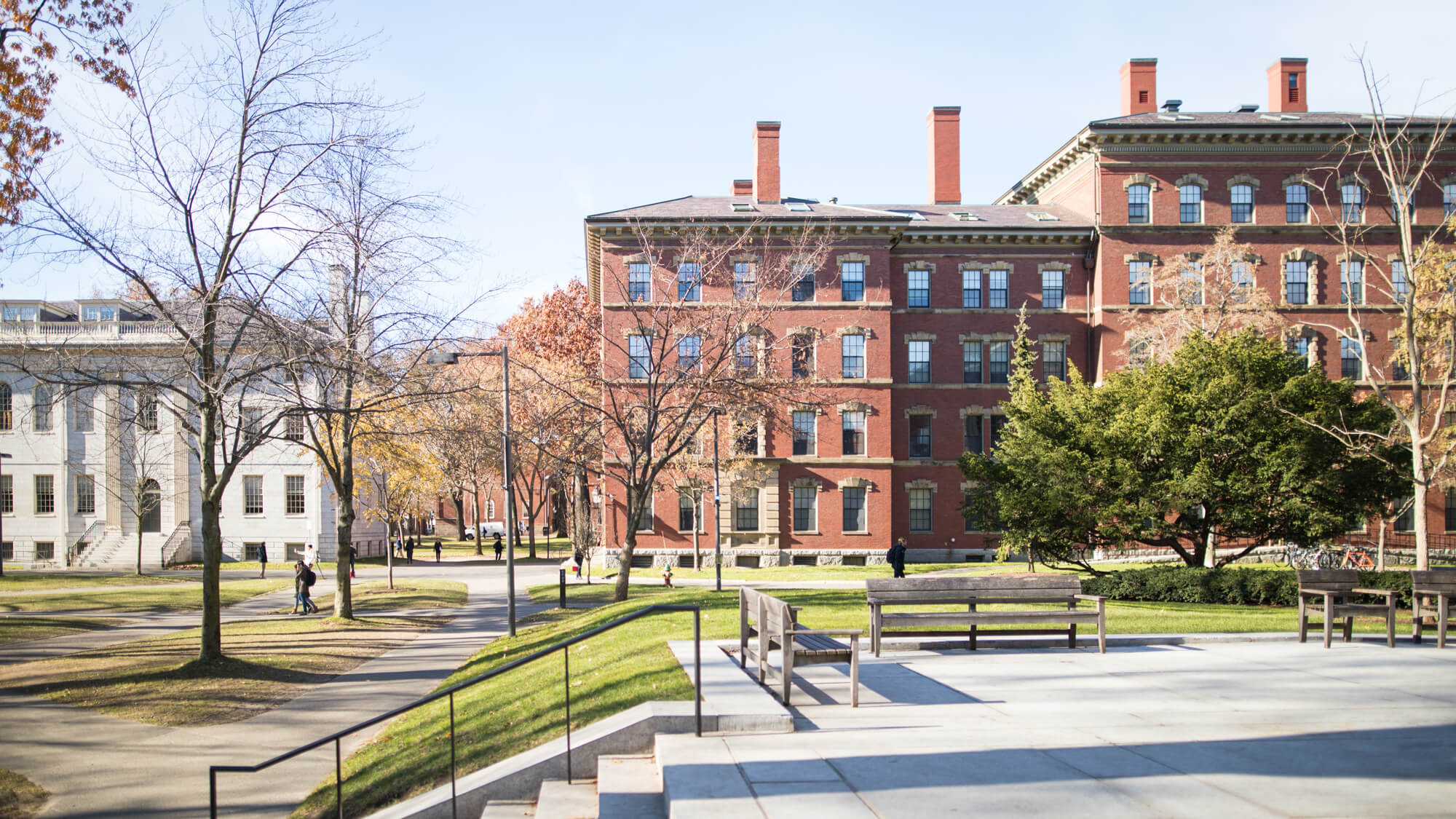Do School Rankings Matter?
April 23, 2012 :: Admissionado Team
If you’re reading this, chances are that you’ve researched universities in the United States before. If that’s the case, you’ve also likely come across rankings of national universities. US News & World Report, Newsweek, and Princeton Review are just some of the most prominent publications that rank “the best schools in the country.” The criteria they use may be different, but their basic philosophy – that there is a way to quantifiably determine the quality of a school by looking at certain characteristic – has taken over the conversation about higher education in the United States.
The rankings are relatively predictable: at the top of the list, you’ll find schools like Harvard, Yale, Stanford, MIT, and so forth. All of the publications also recognize smaller liberal arts colleges that have developed similarly elite reputations, so that schools like Williams and Macalester also figure highly in these sorts of lists. In general, though, they tend to suggest that there exists an elite group of universities that provide much better education than the rest.
What do the rankings consist of?
There’s no one system of ranking schools; every publication weighs categories differently, which explains why rankings are sometimes radically different. US News, the pioneer in this industry (it began ranking schools in 1987), explains that it differentiates between schools (national universities; liberal arts colleges; and schools that specialize in master’s degrees) before it determines its parameters of academic quality.
In general, however, it looks at undergraduate academic reputation (22.5% for national schools), rates of retention (20%), faculty resources (20%), student selectivity (15%), financial resources (10%), graduation rate performance (7.5%), and alumni giving rate (5%). [Read more about how US News ranks schools.]
Should I care?
Everyone’s experience is different, but the rule of thumb is that you should look at the rankings and not depend on them. There are many great schools in the United States, and if your school isn’t arbitrarily determined to be in the top 100 it doesn’t mean you won’t get a quality education. It’s best to look for the schools that you’ll feel most comfortable in – if it’s Harvard, fine, but it certainly doesn’t have to be – because that’s where you’re most likely to excel.
The school you attend won’t make you a better student; that’s on you. While going to nationally prestigious schools might make networking easier, which will facilitate finding a job after you graduate from college, you should be thinking about where you’ll be able to grow productively. If you’re a hard worker, and if you do well in school, companies will recognize that. Tailor your search to schools that best fit your criteria, not publications’ opinions.
US News doesn’t know what’s best for you. Read the rankings, but consult school counselors, family, and friends to complement that knowledge, because it may just be that the top ranked schools aren’t right for you, and that’s alright.



